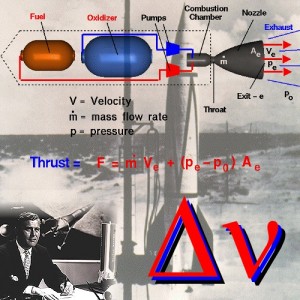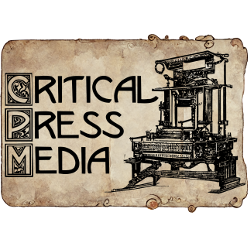 Delta-vee presents classic Old Time Radio productions and modern audio drama, today’s episode: “The Dunwich Horror”. The works of H.P. Lovecraft have had a pervasive and lasting influence on modern horror writers, from his themes of forbidden knowledge and nihilism to his habit of founding mythology upon a secret history fabricated from whole cloth. Of his many works, the most well know are unarguably the Cthulhu Mythos, a loosely defined collection of secret history lore upon which Lovecraft built many of his stories, and which he encouraged his contemporaries to reference in their own works. “The Dunwich Horror” stands as perhaps the quintessential representative of the Cthulhu Mythos as a whole, containing as it does nearly every staple element of Lovecraft’s other fiction. His horror fiction is replete with monsters beyond the ken of man, secret cults devoted to the outer gods, and heroes whose credentials are more scholarly than physical. In one aspect only does “The Dunwich Horror” depart from traditional Lovecraftian storytelling: the heroes not only survive their adventure with body and minds whole, but emerge triumphant … after a fashion. Despite the not-completely-nihilistic ending, Lovecraft considered this story “so fiendish that [Weird Tales editor] Farnsworth Wright may not dare to print it.” Wright did not agree with this sentiment, and snapped up the story for $240 (about $2800 today), making this the single largest payment Lovecraft had yet received for his work (Lovecraft, Selected Letters Vol. II, p. 240; cited in Joshi, p. 101). “The Dunwich Horror” was first published in the April, 1929 issue of Weird Tales; this episode of Suspense first aired on November 1, 1945. And now, our feature presentation ….
Delta-vee presents classic Old Time Radio productions and modern audio drama, today’s episode: “The Dunwich Horror”. The works of H.P. Lovecraft have had a pervasive and lasting influence on modern horror writers, from his themes of forbidden knowledge and nihilism to his habit of founding mythology upon a secret history fabricated from whole cloth. Of his many works, the most well know are unarguably the Cthulhu Mythos, a loosely defined collection of secret history lore upon which Lovecraft built many of his stories, and which he encouraged his contemporaries to reference in their own works. “The Dunwich Horror” stands as perhaps the quintessential representative of the Cthulhu Mythos as a whole, containing as it does nearly every staple element of Lovecraft’s other fiction. His horror fiction is replete with monsters beyond the ken of man, secret cults devoted to the outer gods, and heroes whose credentials are more scholarly than physical. In one aspect only does “The Dunwich Horror” depart from traditional Lovecraftian storytelling: the heroes not only survive their adventure with body and minds whole, but emerge triumphant … after a fashion. Despite the not-completely-nihilistic ending, Lovecraft considered this story “so fiendish that [Weird Tales editor] Farnsworth Wright may not dare to print it.” Wright did not agree with this sentiment, and snapped up the story for $240 (about $2800 today), making this the single largest payment Lovecraft had yet received for his work (Lovecraft, Selected Letters Vol. II, p. 240; cited in Joshi, p. 101). “The Dunwich Horror” was first published in the April, 1929 issue of Weird Tales; this episode of Suspense first aired on November 1, 1945. And now, our feature presentation ….
Podcast: Play in new window | Download
